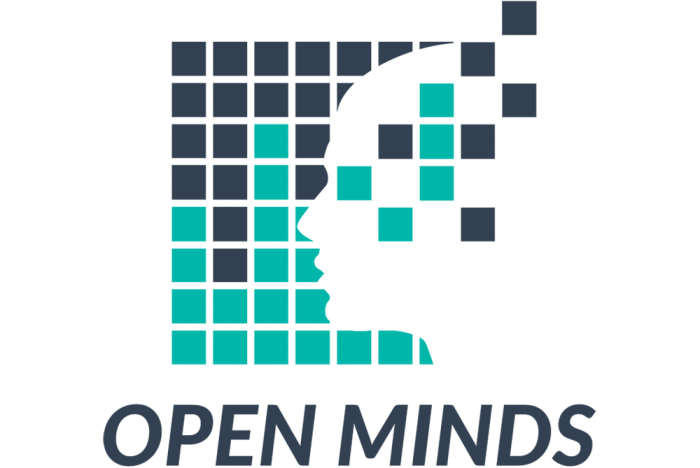The Office of Developmental Programs (ODP) has announced the release of the 2023 – 2024 Employment First report. ODP believes that all people with an intellectual disability and/or autism must be encouraged to pursue their vision for an everyday life, which may include working in competitive integrated employment. Competitive integrated employment offers a person an opportunity to achieve economic independence, build self-confidence, enhance self-determination, and meet new people while building new skills. The Everyday Lives: Values in Action publication, developed by the ODP Information Sharing and Advisory Committee (ISAC), which includes self-advocates, reads, “Employment is a centerpiece of adulthood and must be available for every person. The benefits of employment for people with disabilities are significant and are the same as for people without disabilities.” This report serves as an update to all stakeholders on the progress that has been made to support individuals served by ODP on finding and maintaining competitive integrated employment.
Access the 2023-2024 Employment First report here. This document can also be found by visiting the MyODP Employment Home web page.
















